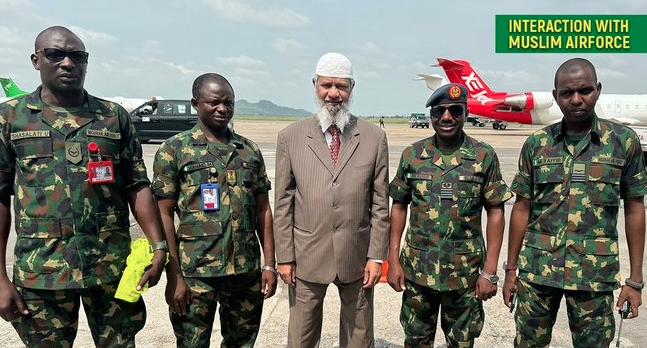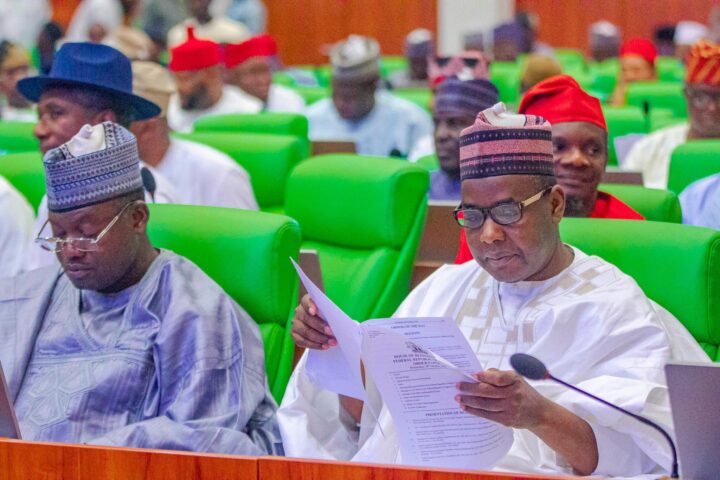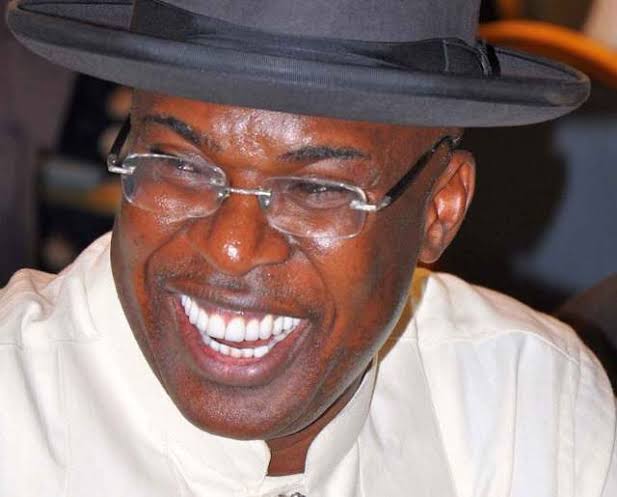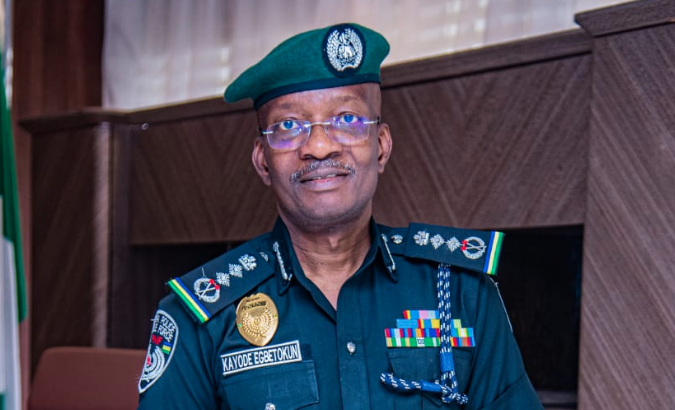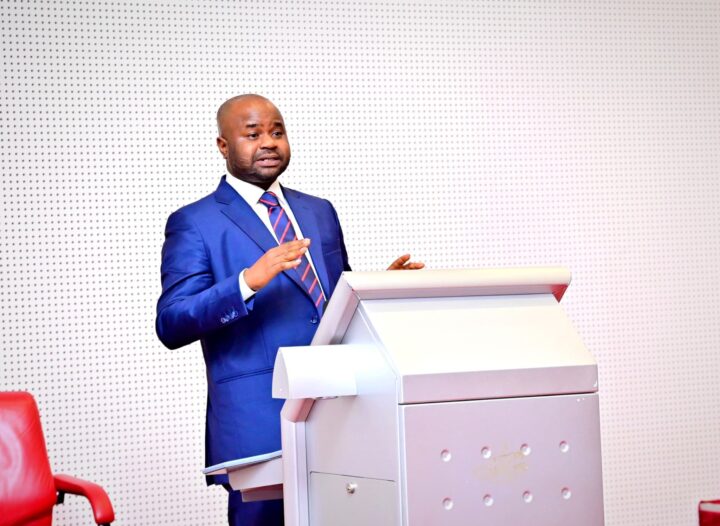Zakir Naik, a controversial Indian Islamic preacher, has been criticised for labelling the Nigerian air force as a Muslim outfit.
Naik is currently on a tour of Nigeria at the behest of Sa’ad Abubakar, Sultan of Sokoto, according to a post on his X account.
The Islamic preacher who appeared to have arrived in the country on Monday, posted pictures of himself alongside some Nigerian soldiers and immigration officials, while identifying the operatives as Islamic.
“Interaction with Muslim Airforce Group Captain Abbas Hashim, Military Airport Commander Abuja airport, Abuja, Nigeria,” Naik captioned one of the posts.
Advertisement
Interaction with Muslim Airforce
Nigerian Airforce at the Abuja airport, Abuja, Nigeria pic.twitter.com/JE4vHWEwJH
— Dr Zakir Naik (@drzakiranaik) October 30, 2023
Advertisement
Interaction with Muslim Airforce
Group Captain Abbas Hashim
Military Airport Commander Abuja airport, Abuja, Nigeria pic.twitter.com/qNKSryT3fV— Dr Zakir Naik (@drzakiranaik) October 30, 2023
Advertisement
Interaction with Muslim Immigration
Nigerian Immigration at Abuja airport, Abuja, Nigeria pic.twitter.com/OPcA7tcUzj
— Dr Zakir Naik (@drzakiranaik) October 30, 2023
Advertisement
Reacting to the preacher’s posts, many Nigerians expressed anger and displeasure, pointing out that Naik was instigating more tension in a country battling religious divisions.
Advertisement
Here are some comments.
This is a dangerous move! We now have Muslim Air force?
Advertisement— Nsukka First Son 🌒 (@_Victorsmog) October 30, 2023
Advertisement
I dislike individuals running around spreading disunity in the name of religion.
Dr. Zakir is fully aware that these people are part of the Nigerian Air Force, not a nonexisting Muslim Air Force.They may be Muslim individuals serving in the Nigerian Air Force, but that does…
— Dr. Ikenna Uwanuakwa (@ikeuwanuakwa) October 30, 2023
What did you drink? Can you explain to us what you meant by Muslim Air force?
— Zileth Limited (@ZilethGroup) October 30, 2023
They are the Nigerian Air Force.
We the Nigerian Muslims do not lay claim to any national institution.
Please respect us as you are in our country.— OMO9JA (@OMO_9JA_) October 30, 2023
What’s your agenda. Start moving in a random motion to cause religious conflict? Call yourself to order.
— Minister of OBIDIENTS AFFAIRS (@kuwait_magix) October 30, 2023
Interaction with Muslim faithfuls of the Nigeria Immigration at the Abuja Airport, Nigeria.
Fixed for you.
Kindly don’t set our country ablaze by unguided utterances. We are a multi-ethnic, multi-religious nation, our military and are not inclined to a particular religion pic.twitter.com/JvY0J4ZyR4
— NationBuilder (@MrFelixNnorom) October 30, 2023
WHO IS ZAKIR NAIK?
Naik is a Muslim scholar infamous for views that some have described as extreme.
In 2006, Naik declared support for Osama bin Laden “as far as he is terrorising America”, and added that “every Muslim should be a terrorist”.
In June 2010, the cleric was banned from entering Britain by Theresa May, then UK home secretary, for “numerous comments” and “unacceptable behaviour”.
In 2016, the Indian government declared Naik wanted for allegedly spreading hate and for money laundering.
The same year, India’s counter-terrorism agency filed a complaint against him for promoting religious intolerance and “other unlawful activities”.
Naik is the president of the Islamic Research Foundation in India and founder of the Peace TV channel that, according to its website, promotes “truth, justice, morality, harmony and wisdom for the whole of humankind” through “presenting Islam and removing misconceptions about Islam”.
However, Naik’s foundation was banned from India to “safeguard national security”, according to the Delhi high court.
Add a comment
